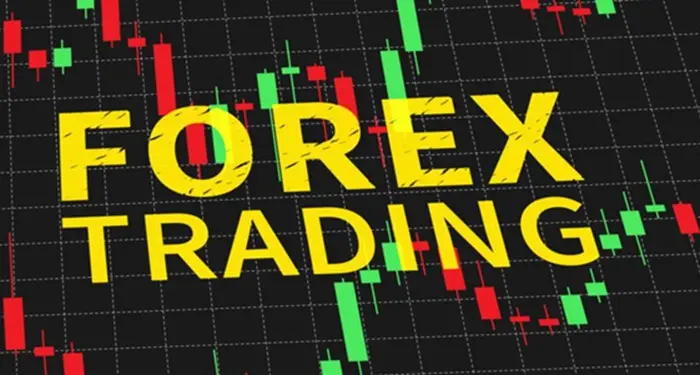Watching the stock market has been a painful experience lately as investors grapple with the Trump administration’s ever-changing tariff plans and their impact on the economy.
President Trump’s policies have made regular economic data “very noisy,” complicating investors’ outlook on the market, Morgan Stanley U.S. chief economist Michael Gapen noted on Yahoo Finance’s “Stock Translator” podcast.
For a more reliable picture of the health of the economy, Gapen said investors should look at the monthly jobs report.
The key metric to watch, he added, is whether the U.S. labor market is adding jobs at a pace fast enough to keep wages above the rate of inflation.
“If we don’t add enough jobs, the economy will slow,” Gapen explained (see video above or listen below). “I think there’s enough of a cushion that as long as we’re adding (100,000) to (150,000) jobs a month, we’ll be fine. If jobs fall further below (100,000), you have to question the sustainability of that.”
So far, the jobs reports suggest the labor market appears to be holding up amid heightened policy uncertainty. The U.S. economy continued to grow strongly in March, adding 228,000 jobs, but the unemployment rate also rose slightly to 4.2%.
On Wednesday, Federal Reserve Chairman Jerome Powell provided further reassurances about the health of the U.S. labor market.
“Wage growth continues to slow, but remains above overall inflation,” Powell said at the Economic Club of Chicago. “The labor market appears to be in solid shape, generally balanced, and not a significant source of inflationary pressure.”
Investors will get another update on the labor market when the April jobs report is released on May 2.
Immigration, tariff policies weigh on economic outlook
Gapen also noted that immigration issues are as important to the current U.S. economic outlook as tariffs.
In March, the U.S. Customs and Border Protection reported a total of 7,181 crossings at the southwest border, the lowest in U.S. history. In the same period last year, there were 137,473 crossings at the southwest border.
Cracking down on immigration has been an early focus of the Trump administration, which has been pursuing strategies such as “mass deportations” and increased scrutiny of green card and visa holders. Gapen asserted that a sharp drop in immigration could weigh on the growth of the U.S. labor force.
“It’s even possible that slow job growth still occurs with low unemployment in the face of a tight labor market,” Gapen said, noting that this could lead to a stagflationary situation in the economy, where inflation rises while economic growth slows.
While some of President Trump’s campaign policies, such as deregulation and tax cuts, could ultimately boost growth, Gapen warned that “tariffs and immigration should weigh on the economy this year.”
Despite the slowdown, Gapen said his firm does not expect a recession. His outlook for the economy is that “there will be growth, just at a slower pace.”
Gapen believes that asset diversification is critical in this environment. He recommends balancing cash, short-term Treasury bonds and other defensive assets in a portfolio to get good returns in a downturn.
“Tariffs are a big deal, bright and shiny,” he said. “As we all know, we get announcements about tariffs pretty frequently, so they’re easy to focus on… We’re in a period of high uncertainty, so there are more potential paths for the economy than there used to be.”
He continued, “When you have so many different paths for the economy, diversification is your friend.”



































